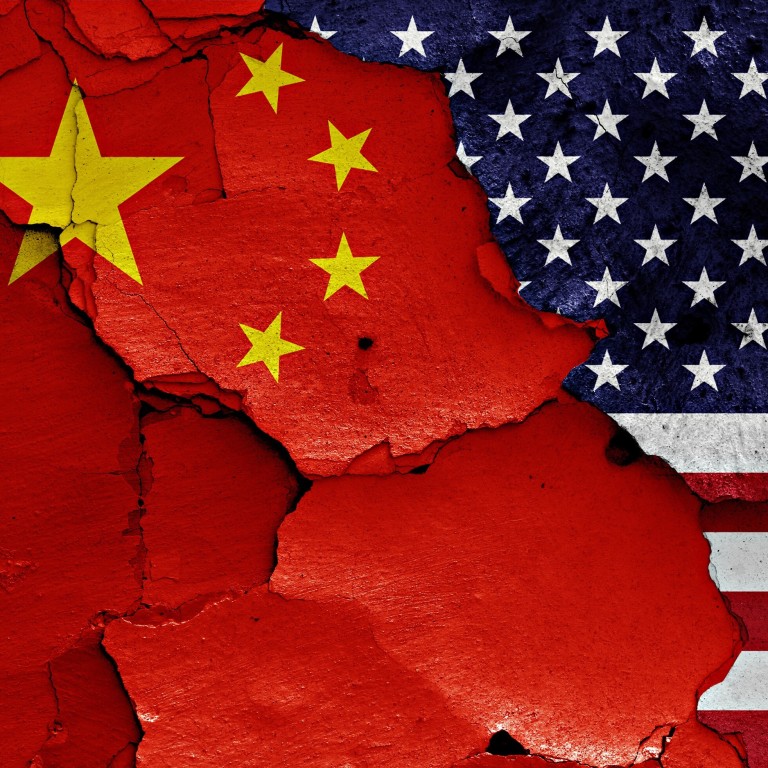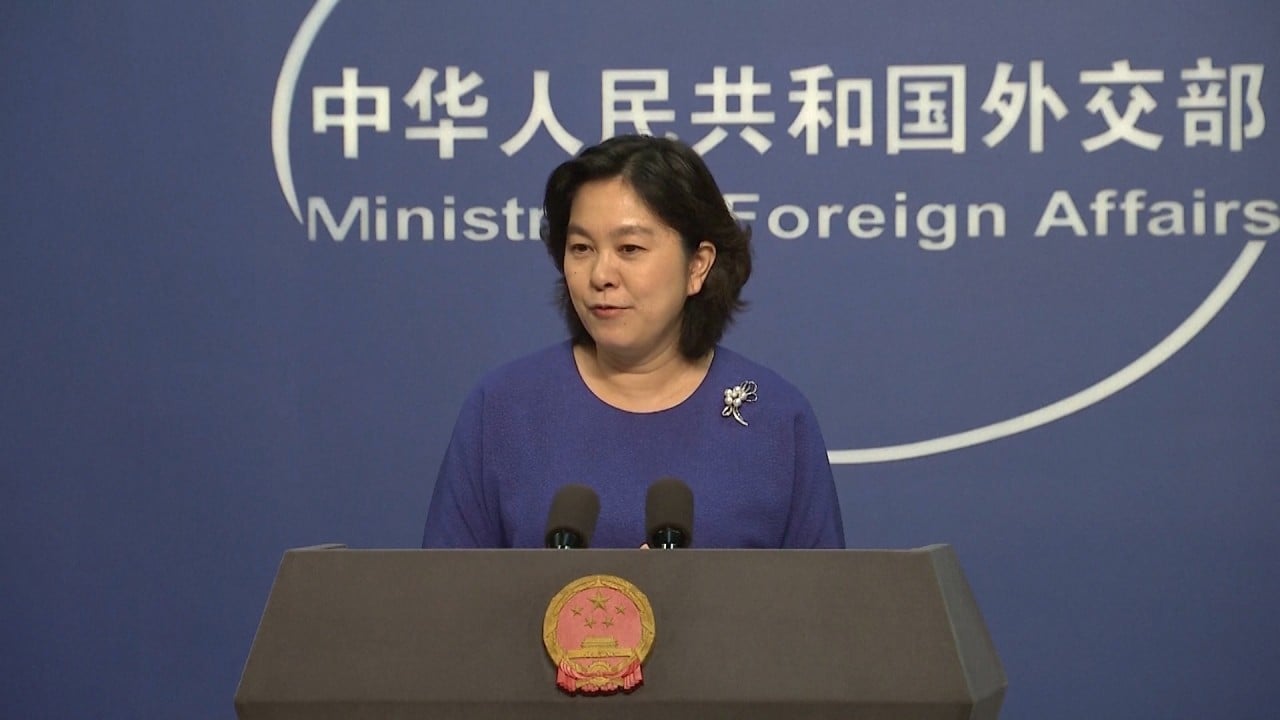
US-China rivalry: How companies can adjust to geopolitical shift as decoupling accelerates
- Companies can count on the rules and dispute resolution mechanisms of free-trade agreements, take advantage of Western funding agencies such as the DFC and seek global forums such as Apec to keep conversations going
No matter which candidate is successful in the November US elections, the geopolitical contest between the United States and China is likely to continue. Whatever the merits of the arguments of each nation’s political elite, they are both locked into a narrative about the other that has widespread support among most segments of their populations.
For companies with an international footprint – or with hopes of achieving that goal – what does this geopolitical paradigm shift mean? What are the opportunities and risks to consider?

03:01
Banning 92 million Communist Party members from America ‘ridiculous’, Beijing says
Is it time for a change to both China and the CPTPP?
Second, global competition. The increasing economic competition between the US and its partners and China is manifesting in several ways. Infrastructure development and financing is one.
The DFC and other agencies are anxious for projects to fund. Companies can take advantage of the fact that these Western agencies need companies to propose projects to them – they do not typically designate or design projects.
Global commentators have written widely about how the post-Covid-19 world and the impetus to make supply chains more resilient will affect trade and investment considerations. It behoves the governments of Southeast and South Asian nations to negotiate their inclusion as trusted suppliers to their large trading partners. Western companies can and should help in these efforts.
While Apec’s weakness might be its lack of binding prerogatives, it is also its greatest strength. Where else can the three Chinese economies (mainland China, Taiwan and Hong Kong) sit down with their Pacific Rim colleagues and talk through issues in a comparatively open and collaborative manner?
How Apec can provide a template for Covid-19 ‘travel bubbles’
Apec is a theatre designed to tease out compromise and test the water for policy initiatives which may make their way into other more formal trade negotiations. Just as people in a strained relationship might observe that lawyers tend to get involved when the main parties stop talking, geopolitical environments spiral downwards when countries shut down meaningful dialogue.
Covid-19 may have shifted some of the geopolitical dynamics across the Indo-Pacific, but the fundamental dynamics that companies and governments will need to succeed will remain largely unchanged – be it breaking down the barriers to trade or leveraging the power of diverse voices in multilateral forums.
James Carouso is the managing director for BowerGroupAsia (BGA) in Singapore and a former senior US diplomat in various posts in the Asia-Pacific. Penny Tucker is a senior adviser to BGA in New Zealand and a former official in New Zealand’s Ministry of Foreign Affairs and Trade


